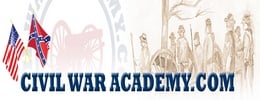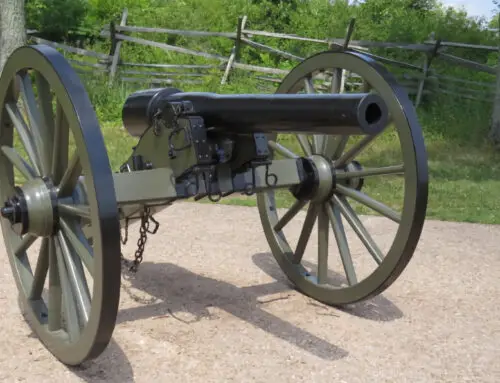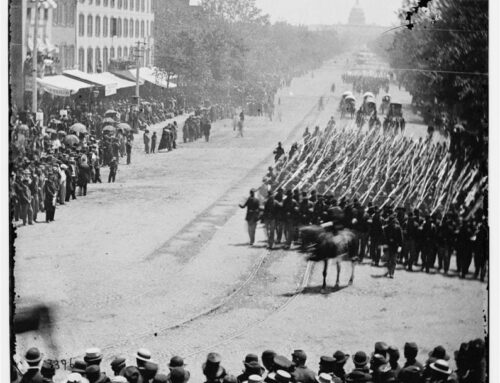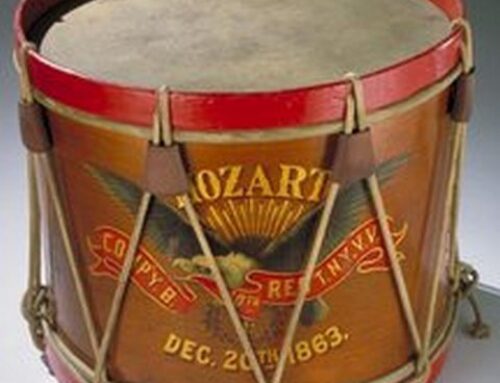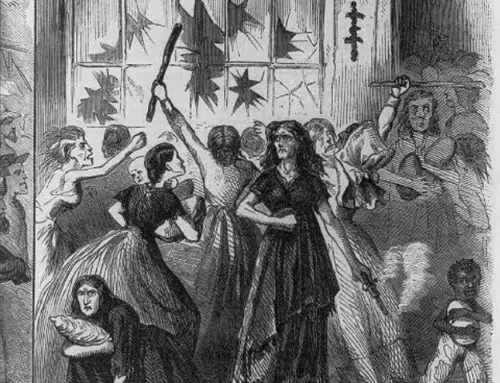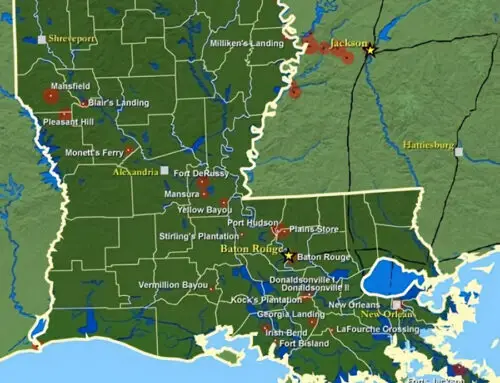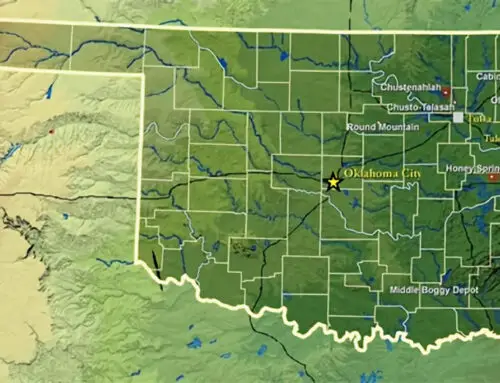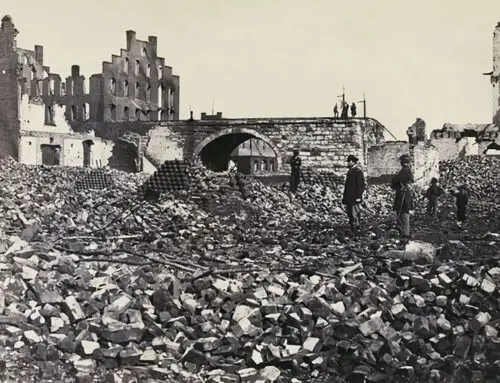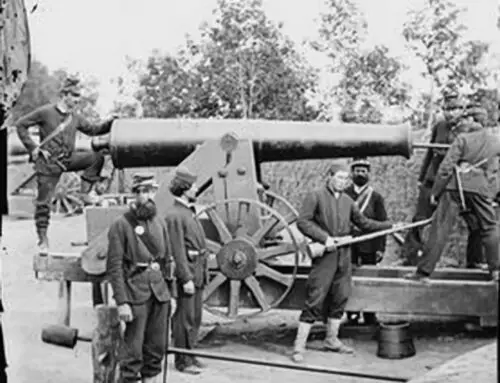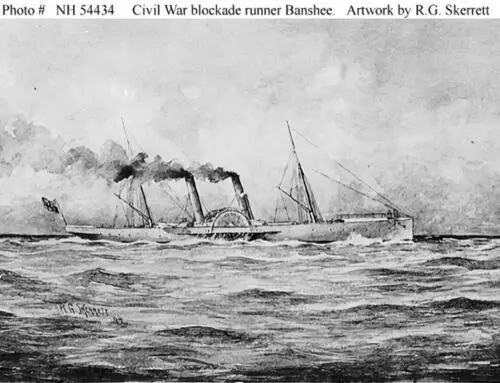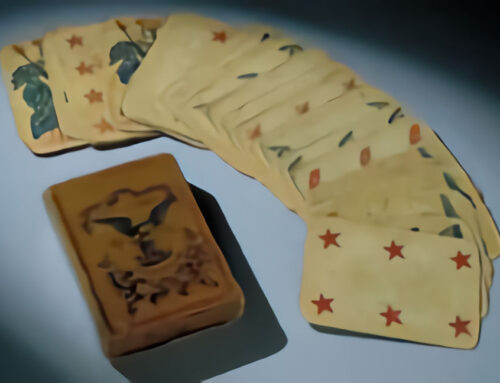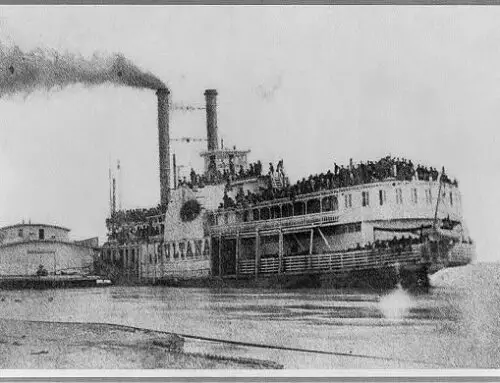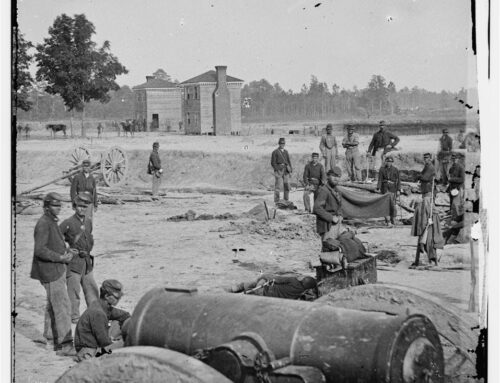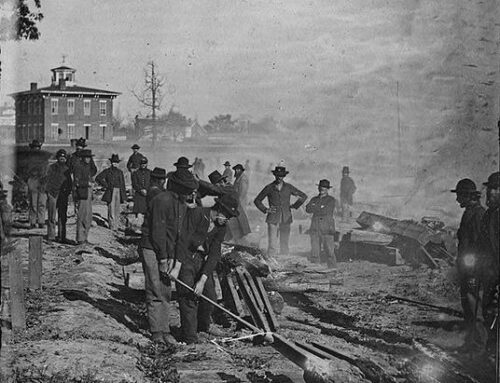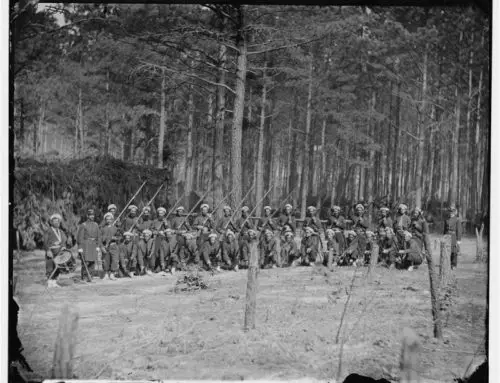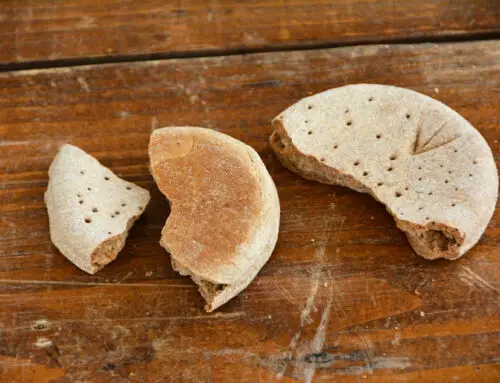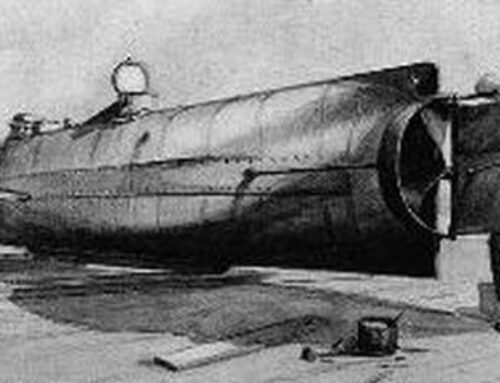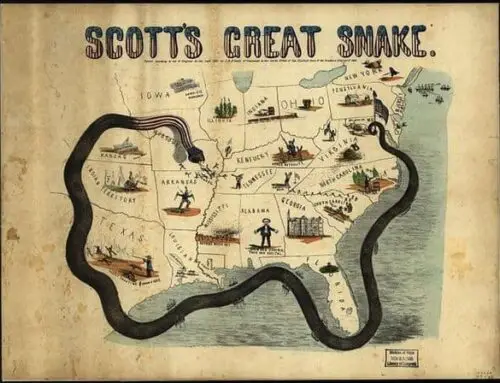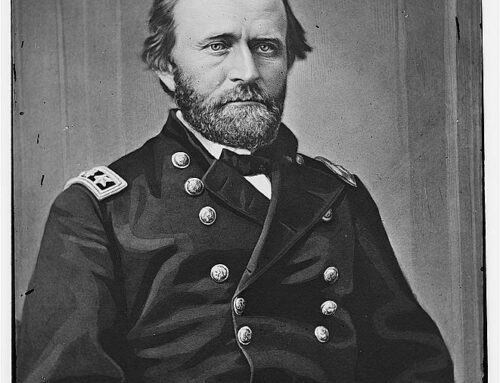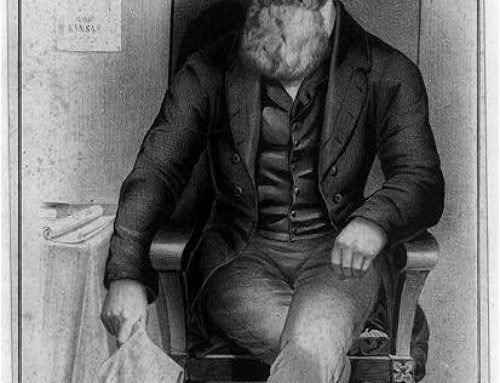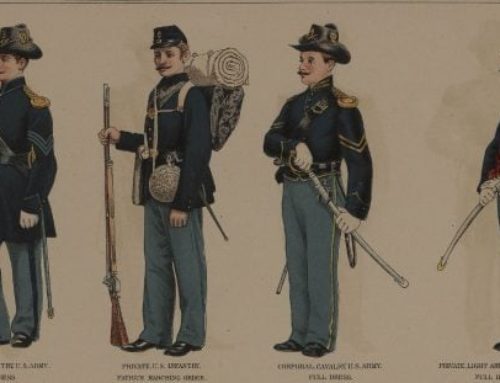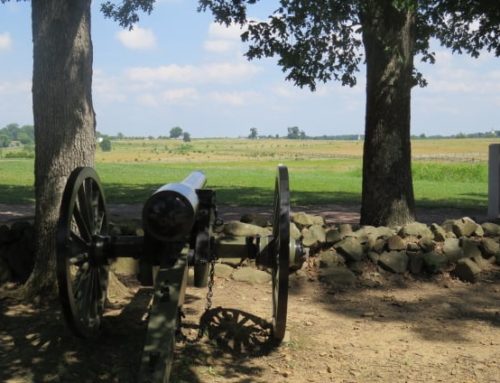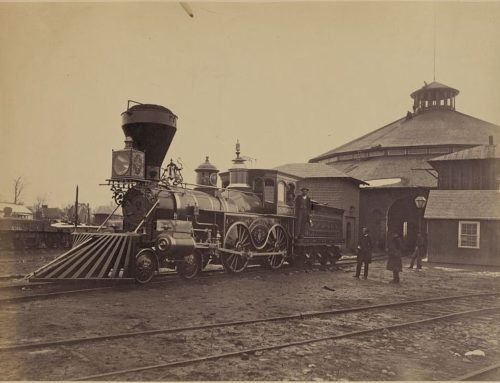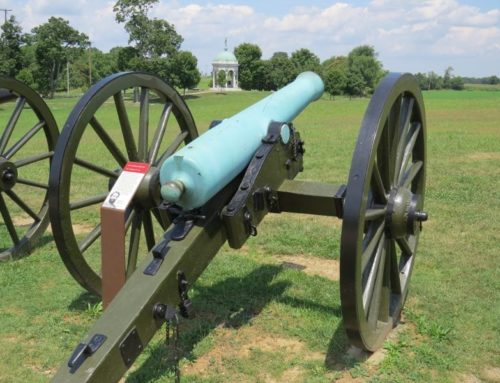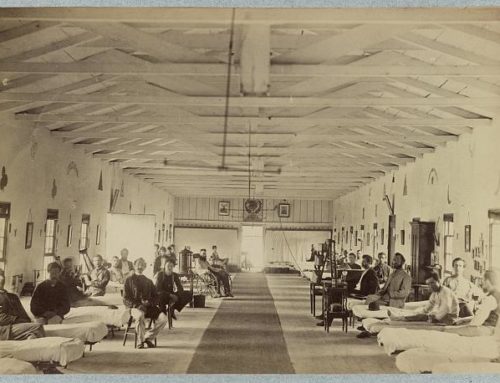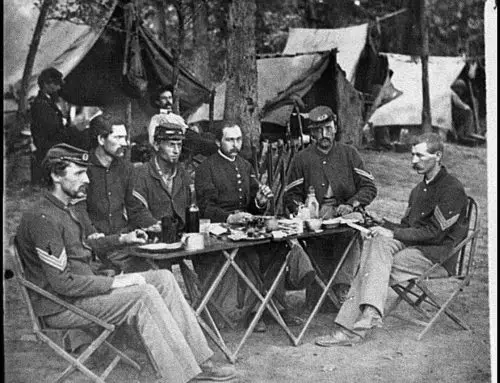(1837-1863)
Robert Gould Shaw served as a captain in the US 2nd Massachusetts Regiment, he was tapped to become the commander of a particular regiment. This was not to be an ordinary assignment, not by a long shot. The first all-black, all volunteer unit from all of New England was about to be mustered.
The reason this regiment was to be so different than the previous 11 was the fact that those were all mustered from freed slaves in occupied areas.
The regiment was mustered on May 13, 1863, with Shaw as its colonel. Almost immediately the regiment was sent to the Port of Boston to set sail for South Carolina. It would be their first actual combat and it would be remarkable.
After landing on the coast of Charleston, the 54th Massachusetts battled with Confederates protecting the Port of James Island. One more skirmish occurred at Secessionville before the regiment was sent to attack Morris Island.
The island would become the focal point of the entire mission there in South Carolina.
The 54th Massachusetts had been superbly drilled; Shaw had put them through their paces so that they would be prepared for actual combat. Combat is what they ran into with the Rebels entrenched in the areas surrounding the island. It was bloody and difficult fighting with the 54th taking light losses.
The Rebels lost a few themselves as the battle raged on. The regiment then was sent to join up with two brigades of white units with the attack on Battery Wagner. Although the offensive was unsuccessful, the bravery of the 54th did not go unnoticed by Shaw or the other two brigades. They proved themselves to be perfectly capable of handling themselves in battle.
Sadly, their beloved leader, Colonel Shaw was killed during the attack on the battery. The Confederates were so angry by the Yankee leadership allowing blacks to fight in the war that they decided to insult the white officer Shaw and bury him in a common grave with the rest of his black company. Normally this would have been an insult but to Shaw it certainly could not have been. The honor that he bestowed on the men of his proud unit went with him all the way to the grave.
When Shaw’s parents heard of the burial location, they agreed that their son would have wanted to be buried with his men, the men he loved. The courage demonstrated by the brave men of the Fighting 54th lit a fire under the remainder of the freed black slaves in the North. Upon returning to Boston, the unit received a hero’s welcome and had their names enshrined in the code of honor at city hall in Boston.
